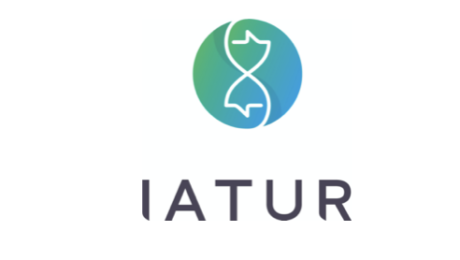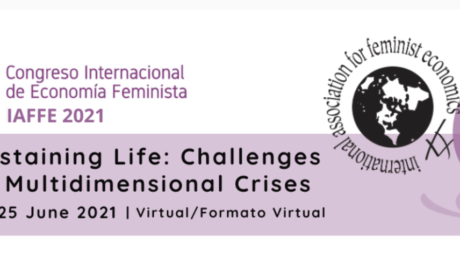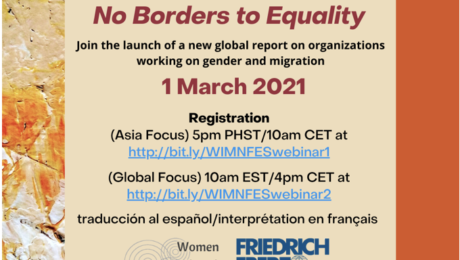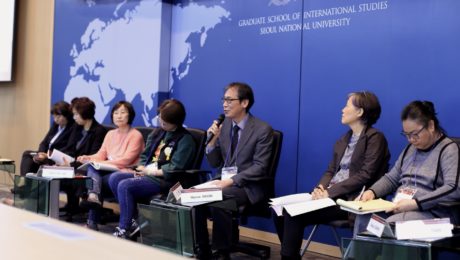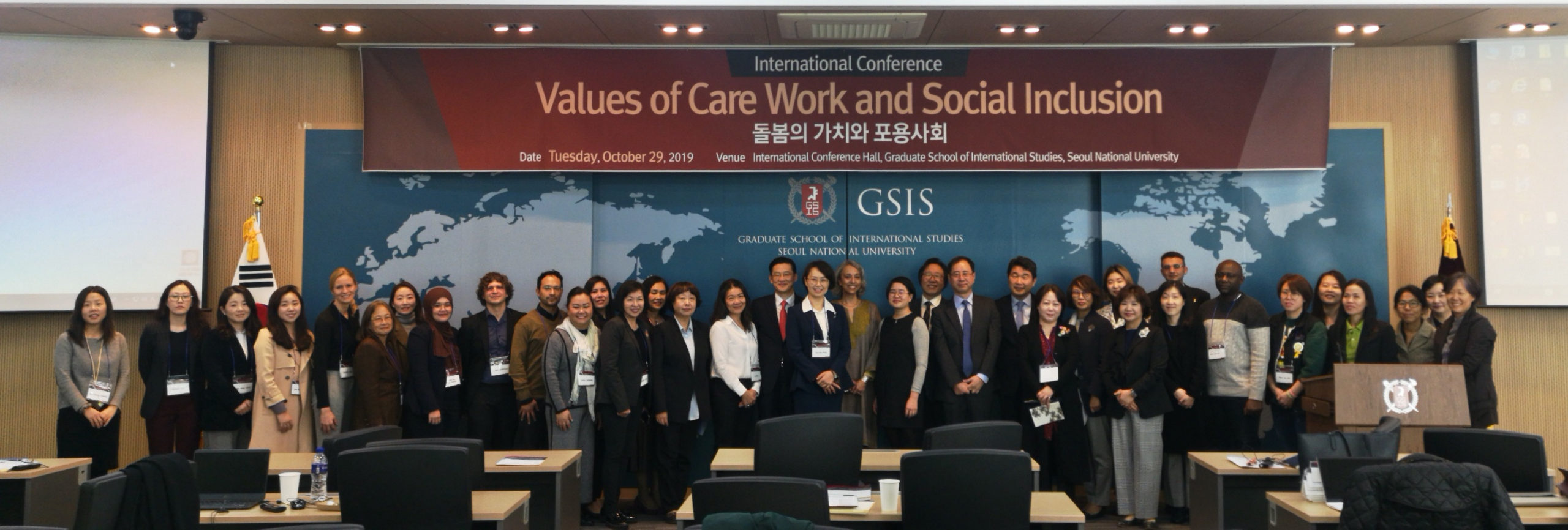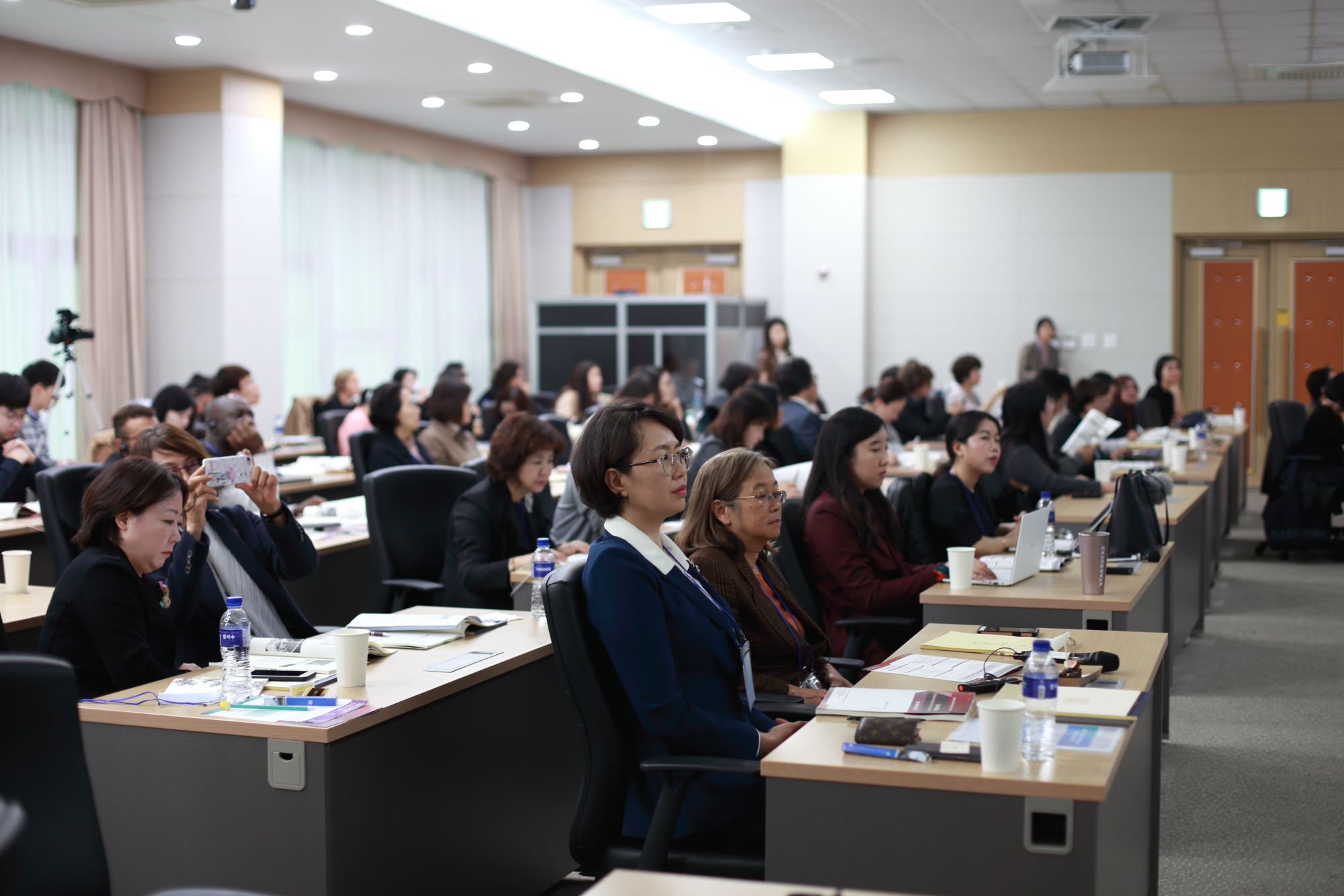43rd IATUR Conference
Connecting Time Use Research with Public Policies, Organizations and Society
This year’s conference theme is: Connecting Time Use Research with Public Policies, Organizations and Society. Time-use research has the potential to inform key time use policies such as education schedules, mobility, equality policies, amongst many others. The 2021 IATUR conference wants to explore the connection between research, policy-making and societal changes. To that end, plenary sessions will include discussions of research results that have already or can potentially impact society and both the receptions and visits have been designed to allow for knowledge exchange between researchers attending the conference and policy-makers and public servants that execute public policy on a day-to-day basis.
Call for papers
Following the conference topic, the abstracts can be submitted on several policy-related fields. On the call for abstracts page you will find a more detailed explanation on each category.
Abstracts that are related to time use research but do not fit in any of the pre-set categories can be submitted under the “Others” category.
Please submit your abstract here.
COVID-19 disclaimer
The conference is programmed to happen in Barcelona but the organizers are following closely the evolution of the COVID-19 pandemic. If it presented a risk for the health and safety of participants, the conference will be held virtually and a partial refund of the registration fee will be returned to those that had already paid it. Please follow closely the COVID-19 section for any news on that regard.
Important dates
- Start abstract submission 25 January 2021
- Early deadline abstract submission 12 March 2021
- Early notification of abstract acceptance 2 April 2021
- Deadline abstract submission 14 May 2021
- Last notification of abstract acceptance 4 June 2021
- Early bird registration open 1 April 2021
- Early bird registration deadline 1 July 2021
- Deadline registration 31 September 2021
- Pre-conference workshop TBA
- Conference 27-29 October 2021
- Welcome reception (Catalan government) 27 October 2021
- General assembly 29 October 2021
- Welcome reception (Barcelona City Council) 28 October 2021
- Gala diner 28 October 2021
- Post conference tour 27 October 2021
Dates for reception, gala dinner and tours may change as we close the programme. Final dates will be announced before registration begins on 1 April 2021.
Cancellation policy
- Cancellation requests received by 31 August 2021 will be refunded in full.
- Cancellation requests received between 1 September 2021 and 26 September will be refunded after deduction of a 50 Euro administration fee.
- 50% of registration casts will be refunded if cancellation requests are received between 27 September and 10 October 2020.
- From 11 October 2021, conference registration costs cannot be refunded.
Registration fee
Dates and prices for reception, gala dinner and tours may change as we close the programme. Final dates and prices will be announced before registration begins on 4 April 2021.
Click here for the registration fees. The welcome reception on 27 October and on 28 October, the gala diner on 28 October, the coffee breaks and lunches during the conference on 27-29 October are included in the conference fee. Participants can bring up to one accompanying person to both welcome receptions at no costs and up to one accompanying person to the gala dinner at a cost of 50 euro. Please book accompanying persons when regisrering for the conference. The pre-conference workshop, and tours and excursions can be booked at an additional cost. See all options here.
IATUR offers a reduced membership and conference fee for students, people who have retired from employment, and people based in a low income economies. To see the criteria for eligibility for these reductions, select this option in your Profile under the Billing tab. If you meet these criteria, please upload evidence of your eligibility. You will be notified by e-mail if your request for this reduction is approved. This reduction only applies after you receive this confirmation e-mail. Please do not pay for your membership and/or conference fee before you have received this e-mail. We normally take up to 3 working days to process requests. In August, requests may take longer to process.
IAFFE 2021 Sustaining Life: Challenges of Multidimensional Crises
Sustaining life requires inclusive and resilient economic and political systems and the sustainability of our environment. Feminist economics continues to offer a vital set of intellectual perspectives and methodologies with which to analyze these issues. Our economic and political systems are failing to address human needs and ecological fragility, particularly with the growing rise of illiberal democracies. Our societies face pressures to divide along lines of race, religion, nationality, gender, and sexual identity. Borders are increasingly shutting people out and walls are being built. Globally, women face threats to their jobs, their livelihoods and their bodily integrity. The global pandemic has exacerbated all of these challenges. Against this backdrop, new economic visions and tools are needed and feminist approaches are essential. Feminist economics has long looked beyond the simplifications that are embedded in the categories, methods, and models of mainstream economics and welcomes insights from other disciplines. Our approaches look at activities within the socially constructed categories of households, firms, communities, and the state; we consider economic activity both inside and outside markets; and we seek a more integrated understanding of human well-being in which productive and reproductive activities are valued. The IAFFE 2021 Conference will provide a forum for scholarship and inquiry that recognizes the methodological pluralism of our field. We define our field broadly and welcome research that brings a feminist lens to topics both micro and macro, local and global. We invite you to join us for this virtual conference, hosted by the Quito Local Committee.
Save the Date: Women & Migration Global Mapping Report
On March 1st the Women in Migration Network and Friedrich-Ebert- Stiftung is launching a new report mapping organizations working on gender and migration around the world “No Borders to Equality.”
This new report has mapped over 300 organizations around the world working at the intersection of gender and migration. It is based on a survey and interviews that identify key priorities, concerns, advocacy and mobilization, and which reveal the tremendous potential and importance of bringing a gender perspective to the dynamic issues of migration today.
In addition to the report (which will be available in English and with an Executive Summary in English, Spanish and French), an interactive website is being developed to help in identifying and locating these key groups in the various global regions.
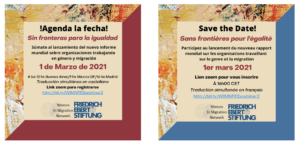
To accommodate global time zones, the launch event will take place at two different times. You can register for either event:
(Asia Focus) 5pm PHST/10am CET
Register at: http://bit.ly/WIMNFESwebinar1
(Global Focus) 10am EST/4pm CET
Register at: http://bit.ly/WIMNFESwebinar2
– traducción al español
– interprétation en français
Be sure to attend this exciting event to learn more.
- Published in Events, Gender Inequalities, Policy Briefs & Reports

